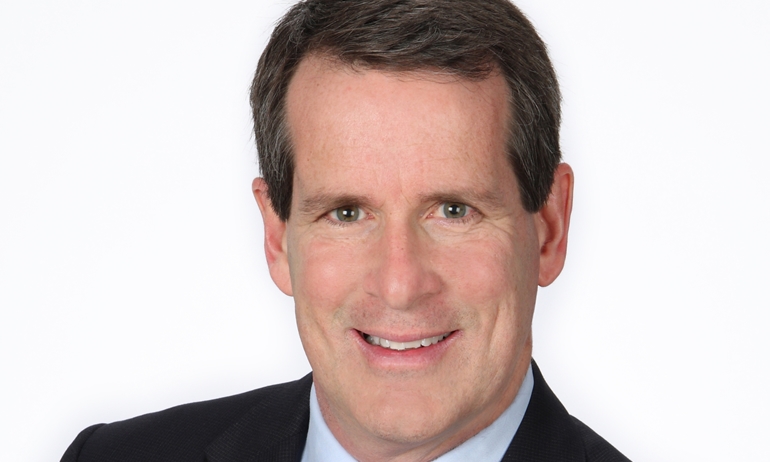Avoid the Trap of Focusing on What Was Rather Than on What Is By Dan Coughlin
 It’s business planning season.
It’s business planning season.
All of my clients are working on plans for next year. I’m guessing you are too. The temptation is there to take last year’s plan, tweak a few things, fill in the numbers, and hand it in. I’ve actually seen groups do that for 10 consecutive years.
I encourage you not to do that.
Every day brings changes. Industries change, businesses change, employees change, customers change, and markets change.
A long-term key employee leaves the organization. That changes the type of value that can be added to customers. A large client leaves and now you have to adjust. You’ve invested a great deal in improving the value you can deliver to customers, and you need to take that into consideration as you move forward. And on and on.
A Definition of Management
I encourage you to use this definition of management: management is converting resources into results.
That definition implies a few questions for you to consider:
- What resources do you have available to you?
- Who are you trying to impact?
- What results do you want to improve for them?
- What results do you want to improve inside of your organization?
- What will you do to convert your resources into those desired results?
- How will you do those things?
As you sit down to plan for next year, I suggest you take out a sheet of paper and write down very clearly your answers to each of those questions. This is the real work of planning for the next year or two.
Resources
Resources include facilities, technologies, finances, suppliers, and your network of customers, past customers, and prospects. Resources include the values, talents, passions, and character strengths of the individuals in your organization. Resources also include your values, talents, passions, and character strengths. And much, much more.
Take some time to really think about the depth and breadth of your resources. No matter how big or small your organization or your part of the organization is, you still have a LOT of resources available to you.
Who are You Trying to Impact?
Write down the type of person or the type of group you really want to impact over the next 12 months. These could be current customers or prospective customers. It can’t be everyone. It has to be someone.
What results are you trying to improve for them?
Put yourself in their shoes. If you were going to invest in the products/services that your company sells, what would you have to achieve in order to feel good about that investment?
What results are you trying to improve inside of your organization?
Now that you’ve focused on the people and their desired results that are outside of your organization, shift your attention to determining the results you want to improve inside of your organization. Of course there are desired financial results, but it’s more than just that.
What will you do to convert your resources into those desired results?
Are there certain things you want to do more of and certain things you want to stop doing? Are there new things you want to start doing in your organization?
As the world around us changes, shouldn’t we consider changing some of our behaviors and activities as well?
Match what you will do with the results you are trying to generate. If there is no connection between what you’re doing and what you’re trying to achieve for customers or your organization, then don’t do it.
How will you do those things?
This last question converts all of your thinking into a doable action plan. How are you going to do the things you said you want to do this year. Who will do them? What will they do? What is their timeline? What are milestone, measurable indicators that will demonstrate that you are making steady progress as an organization toward the achievement of the desired results?
Conclusion
Don’t just adjust a few words and numbers from last year’s plan. Actually think about your answers to the questions based on what is rather than on what was.
About Dan Coughlin
Dan Coughlin is a leading authority on managing for long-term business success. He teaches The Any Person Mindset, a practical management approach for improving individual, group, and organizational performance in a sustainable way. It is based on his core belief that any person can make a significant difference in an organization, but no one is born with the traits necessary to make a significant difference. These are learned thinking traits.
To Learn more about Dan contact [email protected]
Derek Sweeney is the Director of Speaker Ideas at The Sweeney Agency. www.thesweeneyagency.com. For 15 years Derek has been helping clients find the right Speakers for their events. Derek can be reached at 1-866 727-7555 or [email protected]